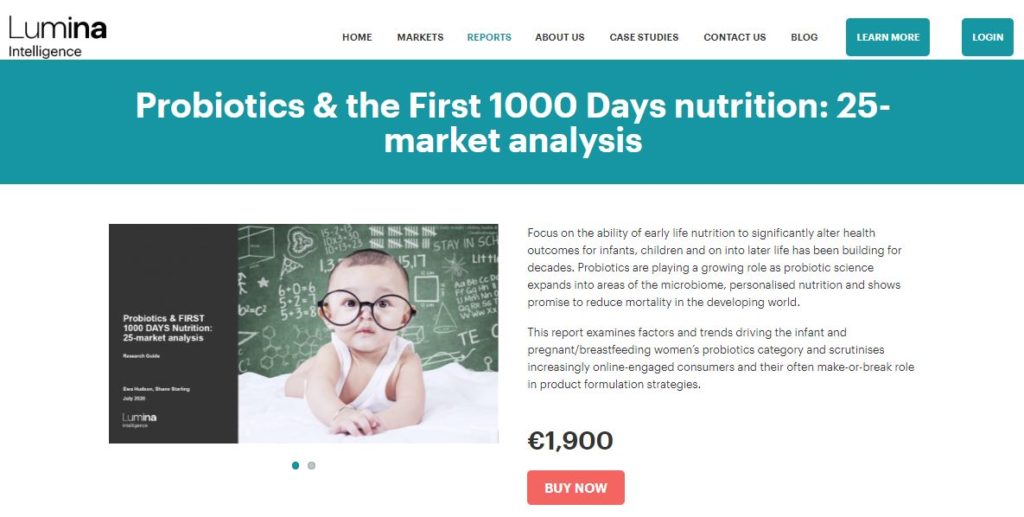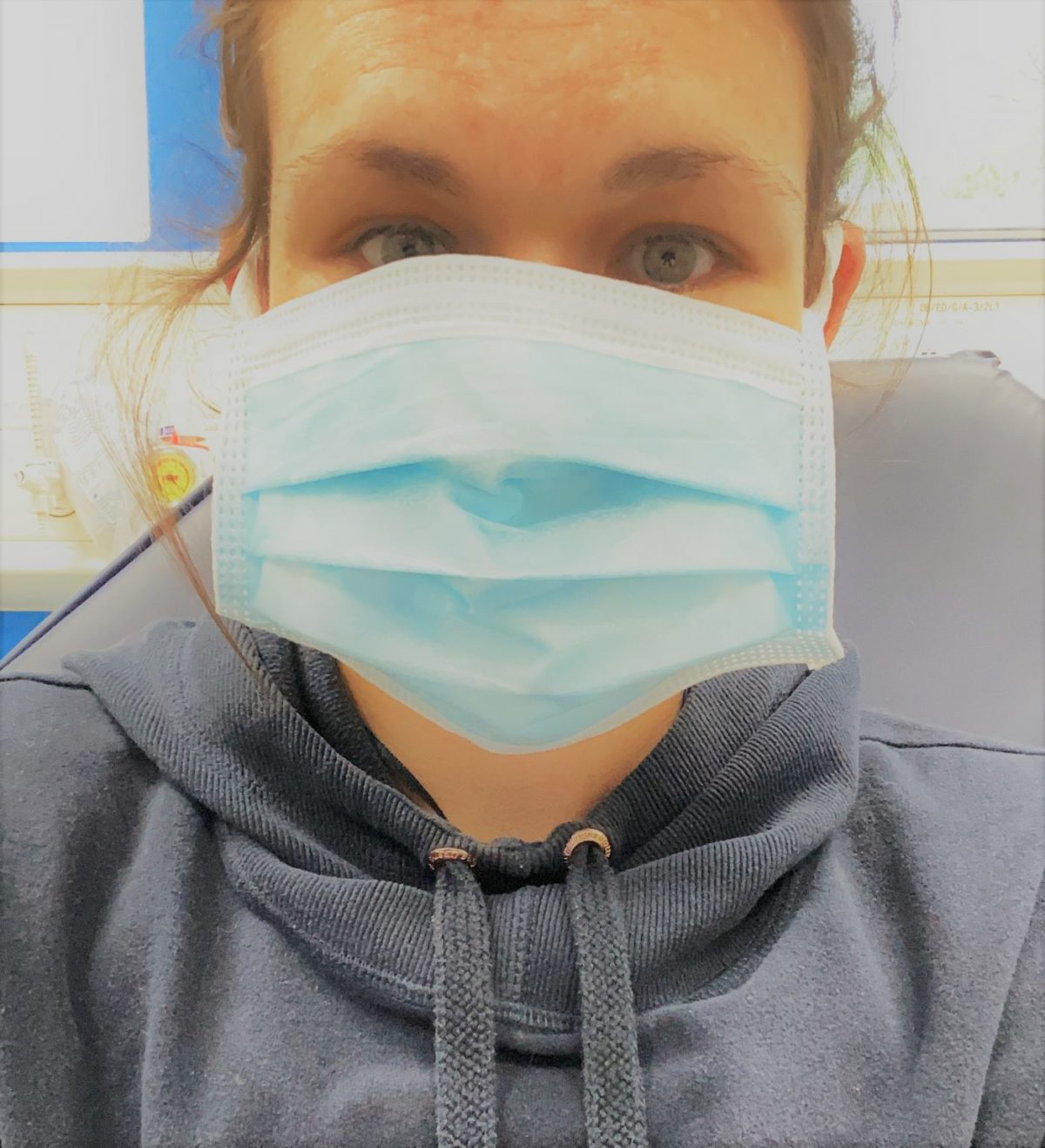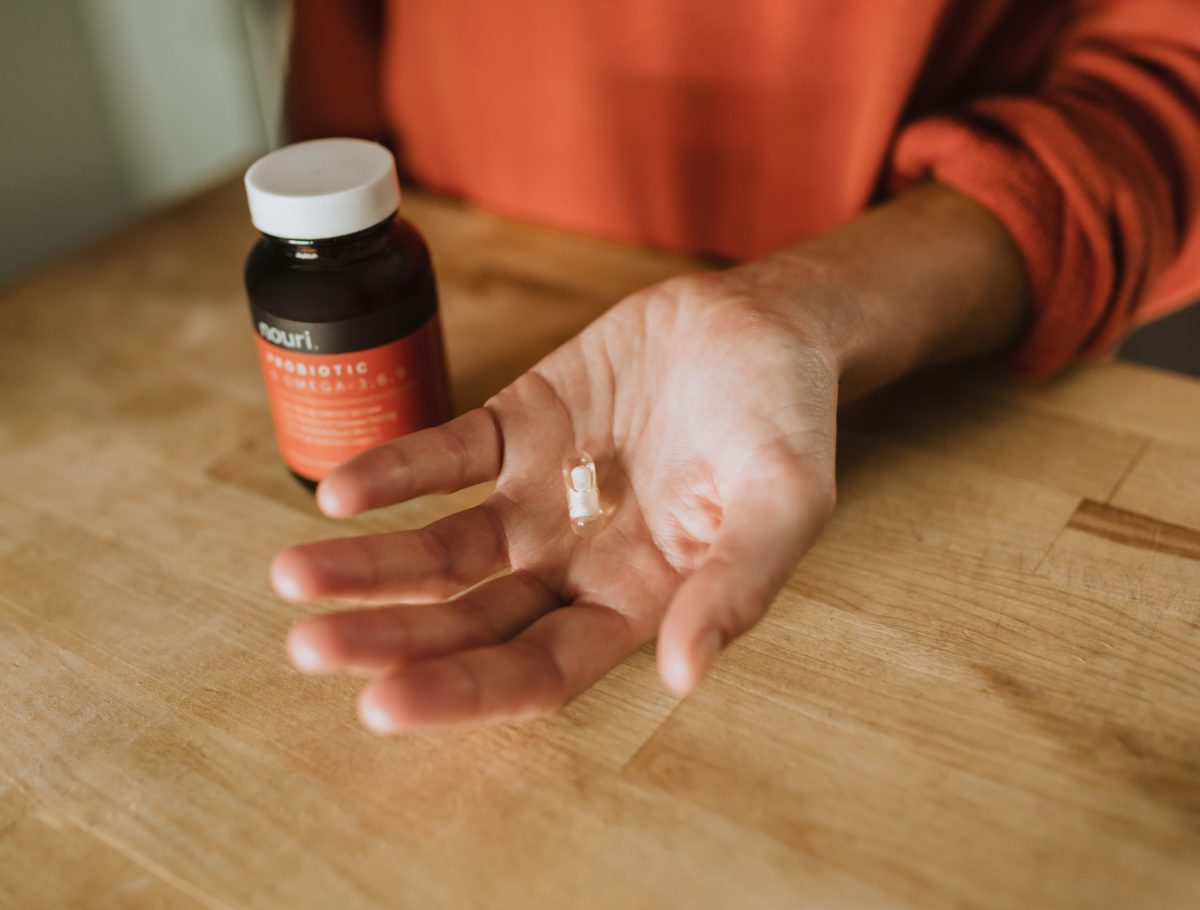Deep data dive report examines factors and trends driving the infant and pregnant/breastfeeding women’s probiotics category and scrutinises increasingly online-engaged consumers and their often make-or-break role in product formulation strategies.More here. Deep data dive report examines factors and trends driving the infant and pregnant/breastfeeding women’s probiotics category and scrutinises increasingly online-engaged consumers and their often make-or-break role in product formulation strategies.More here.



